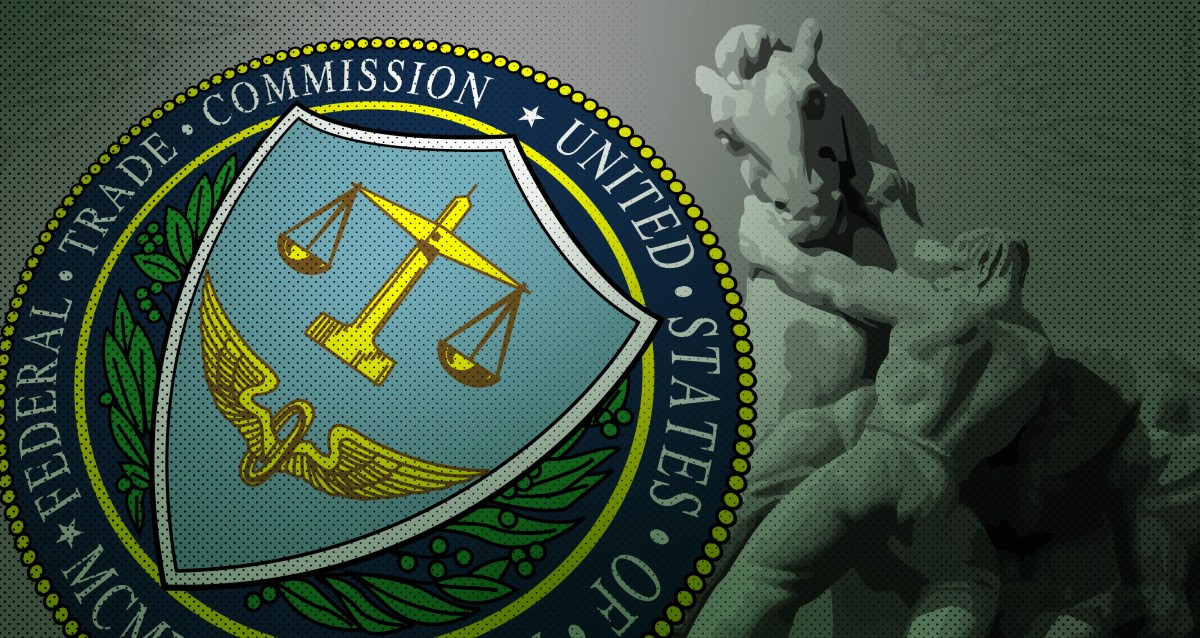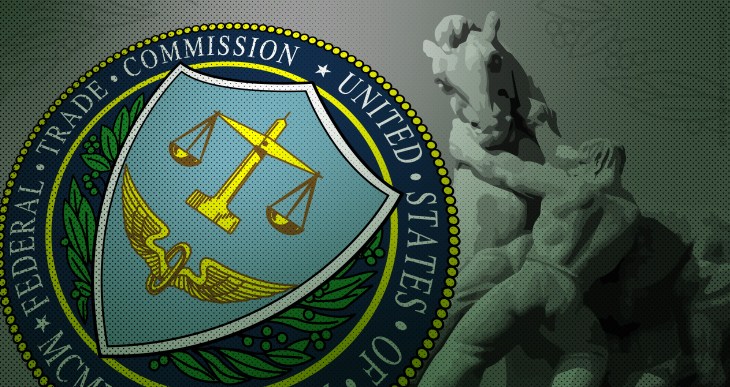FTC’s new Office of Technology will help mop up tech ‘oozing with snake oil’ • TechCrunch


The FTC is embracing change with the establishment of an Office of Technology (OT) that will help it effectively regulate the fast-moving tech world. Citing “systemic concerns” relating to tech and its potential for fraud and abuse, the FTC’s new division will ensure the agency doesn’t get left in the dust by tech-savvy scammers.
Because the FTC is a wide-ranging agency, it is something of a generalist, and when a case requires specialist knowledge, it can bring in outside experts. You definitely want a few good finance people, but do you need a full-timer just for, say, logging regulations? Probably not, but at some point a problem or industry may become prominent enough to warrant a serious and permanent dedication of resources.
That is the case being described today with issues arising in the tech world, against which of course FTC chair Lina Khan has personally inveighed. Whether it’s antitrust or consumer protection, or just telling influencers they need to declare that post is sponsored, the tech world is a large and diverse setting for bad behavior and regulation.
The announcement of the OT fell to the agency’s CTO, Stephanie Nguyen. Providing as historical context the response to scammy ads propagating at unprecedented speed over radio back when that was new, she says that while the challenges of tech are new, the “systemic concerns” they present are familiar:
The common thread is that some technologies can facilitate substantial injury to consumers, are misleading, or may negatively affect competitive conditions. From the rise of the surveillance economy, to companies’ widespread application of artificial intelligence, to business models that employ tech to disrupt markets, the shift in the pace and volume of technological changes means that more FTC matters need team members with tech expertise.
The Office of Technology’s top priority is to work with staff and leadership across the agency to strengthen and support the agency on enforcement investigations and litigated cases. This could mean dissecting claims made about an AI-powered product to assess whether the offering is oozing with snake oil, or whether automated decision systems for teacher evaluations adversely impact employment decisions and make inferences that impact compensation and tenure. We will also keep a finger on the pulse of business model change, like shifts in digital advertising ecosystems, to help the FTC understand the implications on privacy, competition, and consumer protection. We’re working with attorneys and data scientists to decipher the collection and sale of location data and how that data may harm consumers, and to understand the opaque algorithms making decisions affecting millions of consumers.
Naming each of these potential violators tells those businesses to watch out. It may be fashionable to say your HR productivity tool is AI-powered, but if you can’t show that it is safe and effective, the FTC may be knocking on your (virtual) door soon.
To be clear, it’s not like the FTC has just let tech run wild for the last decade. In fact, there are already several tech-focused departments, like the Division of Privacy and Identity Protection. But it must have been clear enough to FTC leadership that they needed a larger, more centralized effort to stay abreast of trends and be more proactive about guidelines and enforcement.
They’re hiring, so if you’re a tech worker thinking of getting out of the rat race and into a comparatively sedate (in some ways) federal job, take a gander.


